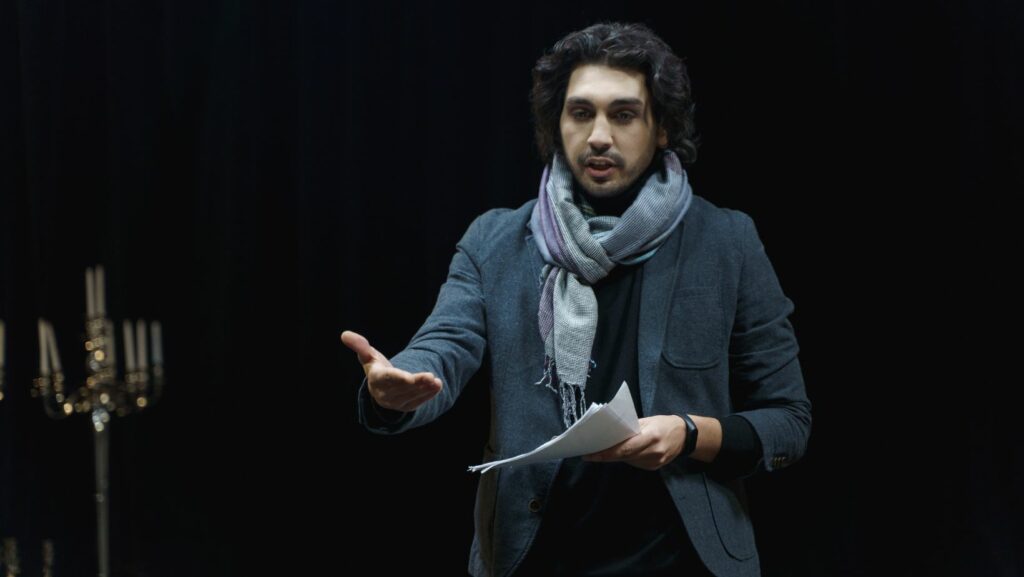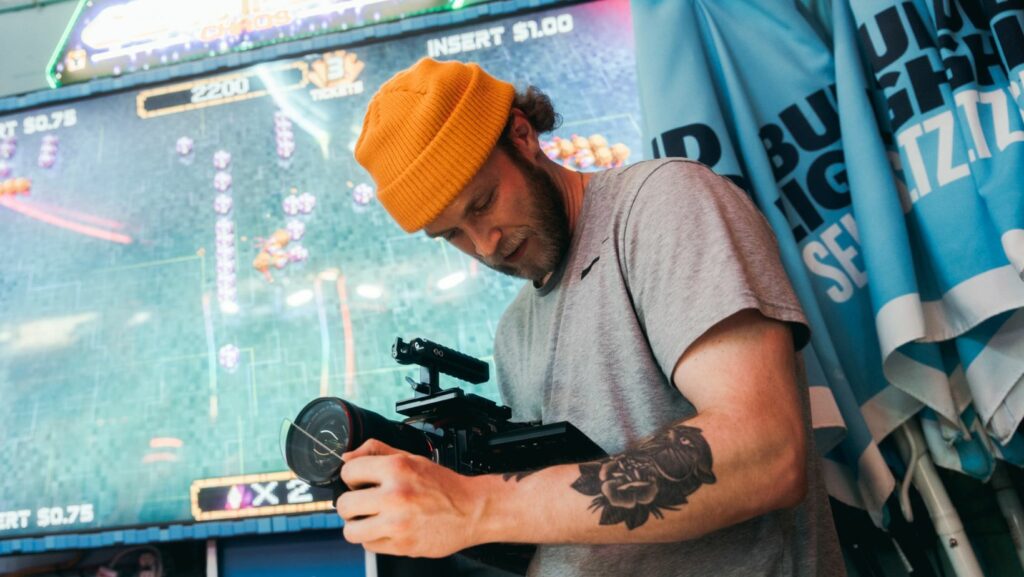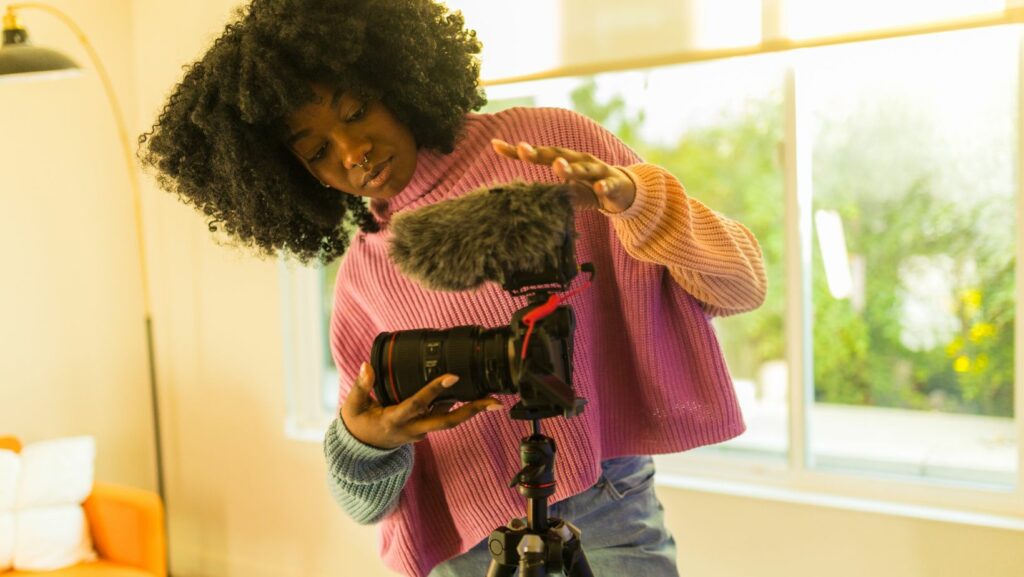In the world of design and marketing, the role of a creative director is pivotal. They are the visionaries behind the visual and conceptual elements of a project, guiding a team towards a cohesive and impactful end result. A creative director is not just a job title; it embodies a unique blend of artistic flair, strategic thinking, and leadership skills.

With a keen eye for aesthetics and a deep understanding of branding, a creative director shapes the creative direction of a project or campaign. They are responsible for ensuring that the design and messaging align with the overall goals and resonate with the target audience. In essence, a creative director is the driving force behind bringing ideas to life in a way that captivates and inspires.
Creative Director Meaning
A creative director is an individual responsible for overseeing the artistic vision and creative aspects of a project, ensuring cohesiveness and impact. They combine artistic flair, strategic thinking, and leadership skills to lead their team towards delivering compelling outcomes. The creative director shapes the creative direction of projects or campaigns, ensuring alignment with goals and resonance with the target audience.
What Is a Creative Director?
A creative director is a professional who leads a team of creatives in developing visual and storytelling elements that convey a brand’s message. They are the visionary behind the overall look and feel of a project, guiding the team in translating ideas into captivating visuals and messages that resonate with the audience.

- Setting Creative Direction: Creative directors establish the creative vision for projects, guiding the team in executing concepts that align with brand objectives.
- Team Leadership: They lead and inspire creative teams, providing guidance, feedback, and mentorship to ensure projects meet quality standards.
- Collaboration with Stakeholders: Creative directors collaborate with clients, executives, and other team members to understand project requirements and ensure creative deliverables meet expectations.
- Quality Assurance: They oversee the creative process, ensuring that deliverables meet quality standards and adhere to brand guidelines.
- Trend Analysis: Monitoring industry trends and incorporating innovative ideas into projects to maintain relevance and competitiveness in the market.
- Project Management: Managing timelines, budgets, and resources to ensure seamless project execution and delivery of exceptional creative work.
Skills and Qualities of Effective Creative Directors
Effective creative directors possess a unique blend of skills and qualities that set them apart in the industry. Here are the key attributes that contribute to their success:
Essential Skills for Success
- Strategic Thinking: Creative directors need to have a strategic mindset to align artistic vision with business objectives and market trends.
- Artistic Expertise: They must demonstrate a deep understanding of design principles, trends, and techniques to drive creative excellence.
- Team Leadership: Leading by example, they inspire and motivate their team, fostering a collaborative and innovative work environment.
- Communication Skills: Clear and concise communication is crucial for articulating ideas, providing feedback, and aligning stakeholders.
- Project Management: Effective time management, organization, and prioritization skills ensure that projects are delivered on time and within budget.
- Technical Proficiency: Proficiency in relevant tools and software empowers creative directors to bring their ideas to life efficiently.

- Passion for Creativity: A genuine passion for creative expression fuels the director’s inspiration and drive for innovation.
- Adaptability: Being open to new ideas, feedback, and changes allows creative directors to evolve and push boundaries.
- Empathy: Understanding the emotions and perspectives of team members and target audiences helps in creating impactful and meaningful content.
- Resilience: Dealing with setbacks and challenges with resilience fosters growth and encourages continuous improvement.
- Curiosity: A curious nature drives exploration, experimentation, and a thirst for knowledge, leading to fresh and innovative ideas.
These skills and traits collectively empower creative directors to lead their teams effectively, drive creative excellence, and deliver impactful campaigns that resonate with audiences.
Creative directors play a crucial role in shaping brands and overseeing artistic direction. Their leadership ensures project excellence and resonates with consumer perceptions. To reach this position, a solid foundation in design or marketing is essential, along with a commitment to ongoing learning and adaptation to industry trends. Networking and skill development are key to aligning creative strategies with market needs, making the journey to becoming a creative director both challenging and rewarding.



